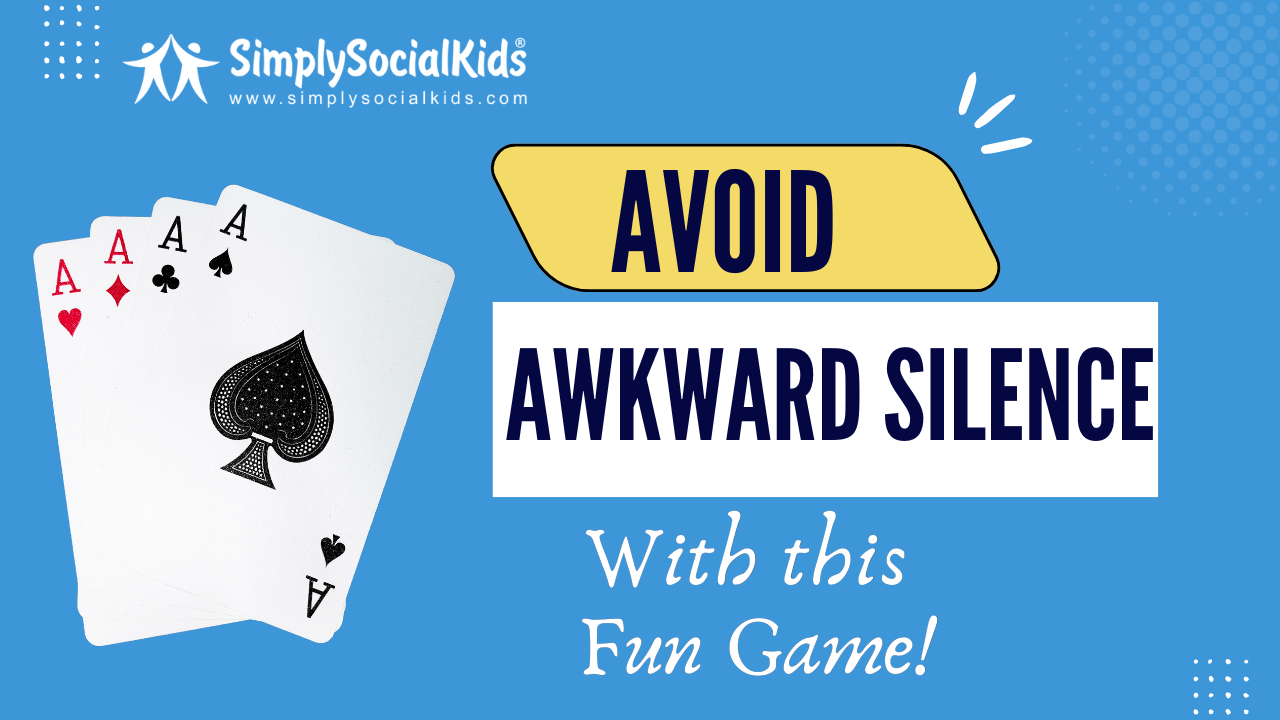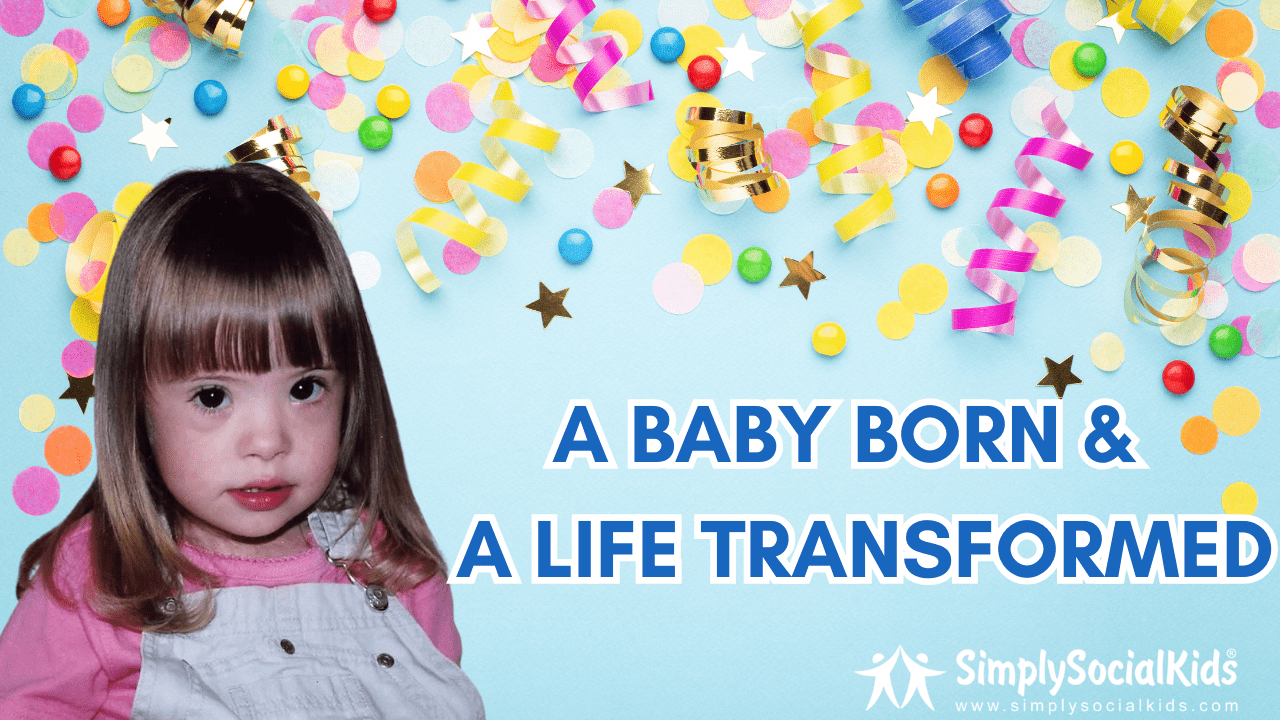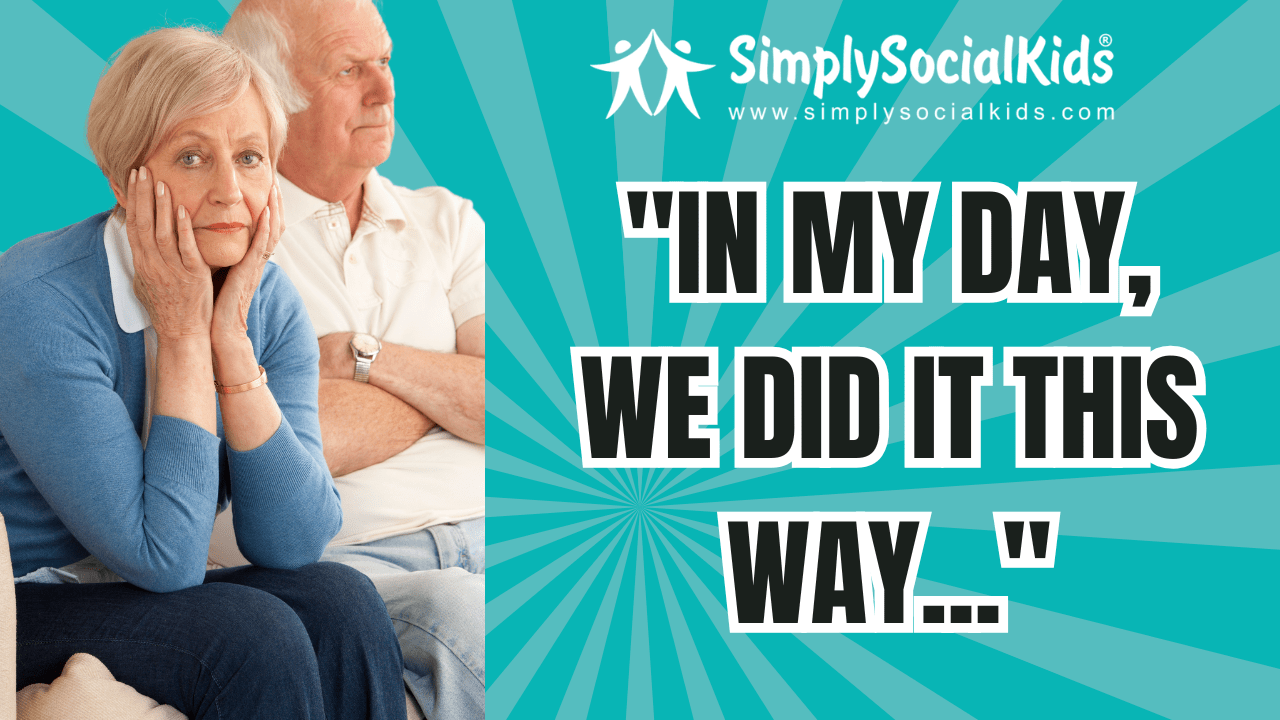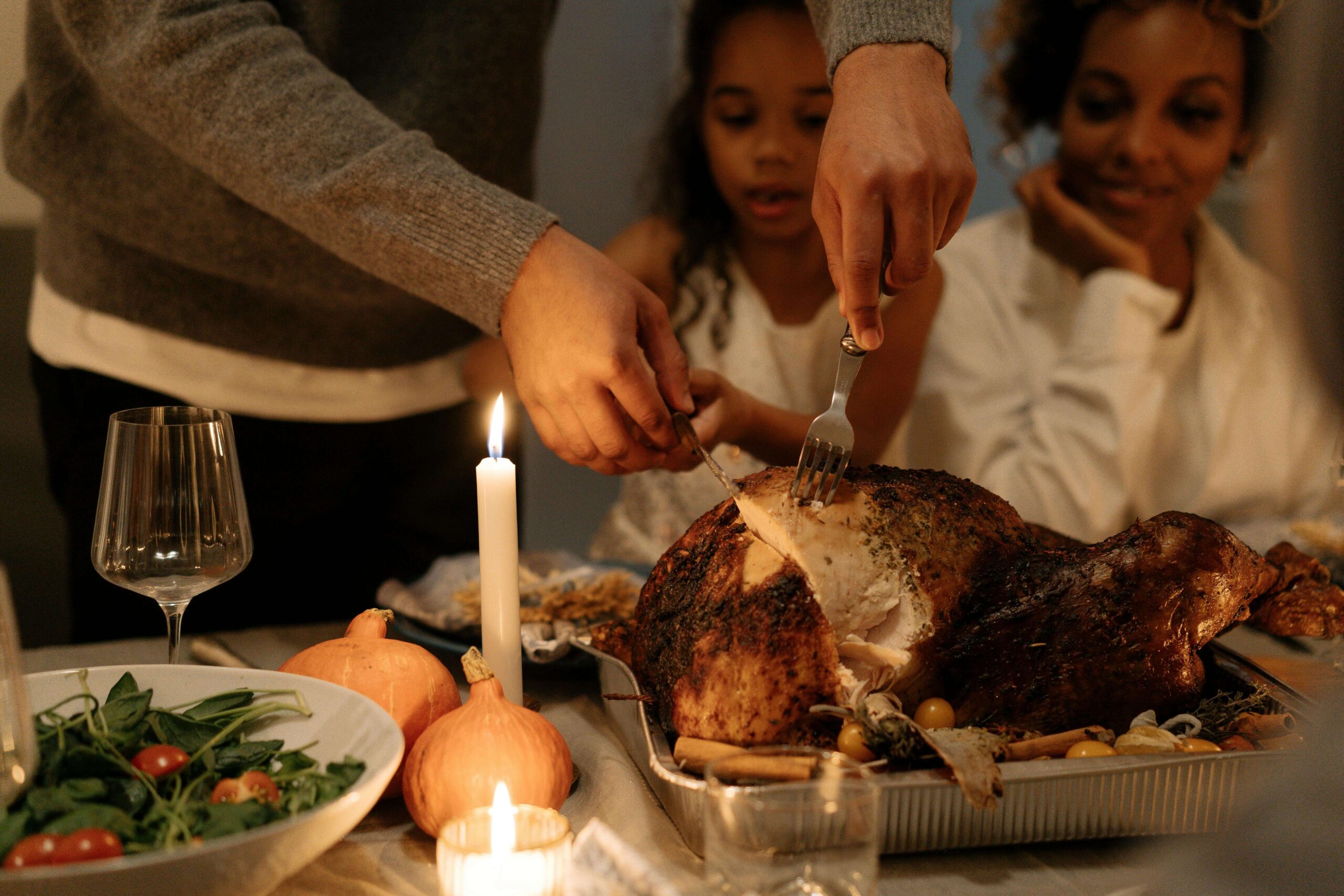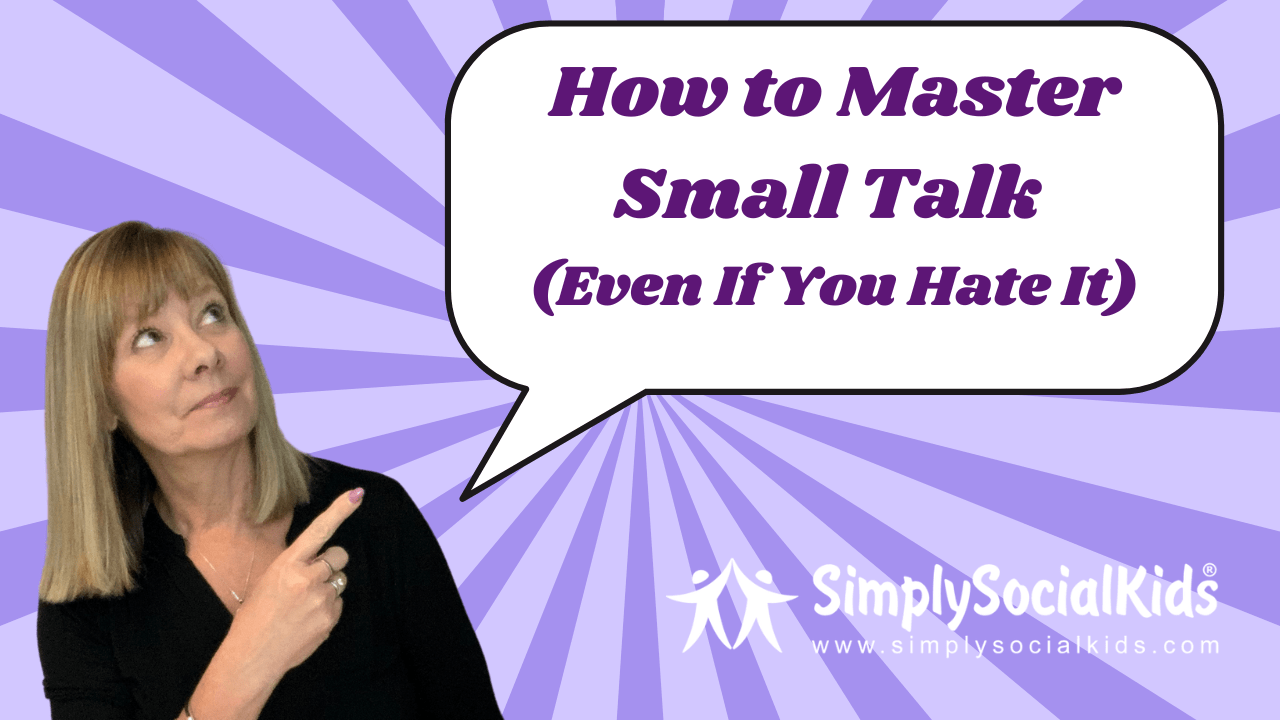

by Nadine Briggs
When families contact us to discuss a social group for their child or teen, they usually describe a lengthy history of their child having a hard time connecting with peers. Their kids desperately want friends and many are lonely. Parents might even choke back tears as they describe the wonderful characteristics of their kids that others fail to recognize.
I spend some time learning from the parents what the pitfalls and challenges have been. If it seems that their needs could be addressed with coaching, we’ll schedule a trial. We’ve found that our coaching works best for those with mild to moderate social challenges and our program is designed specifically for this niche.
It’s part of our placement process to match up interests and personalities to maximize friend potential. As a participant warms up and becomes more comfortable with the group and the other participants, we look for the clicks. We’re thrilled when we see kids start to click. It’s exciting, heartwarming, and hopeful to see new kids find connections with one another. It’s what makes our jobs so incredibly rewarding.
Once we see real friend potential, we will then try to get the kids to spend time together outside of our program. This is the ultimate goal, after all, to find friends and give them the tools to maintain that friendship without us.
You might think that given that this was everyone’s goal all along that the sun would shine, angels would sing, and maybe someone would ring a big bell: a friendship has been found. This is not always the case. This is actually the point where the budding friendship can be derailed.
This inflection point is actually one of the hardest parts of friend “matchmaking”. If parents are needed to make social time happen, schedules need to mesh. The other major hurdle we sometimes face is extreme anxiety around the possibility of making a real friend connection. There’s something really scary about taking their friendship out of the supportive environment of the group and out into the real world. Many have had bad experiences with friendships in the past and the pain of those losses remains. It takes quite a bit of bravery to attempt to make a friend and potentially get hurt again.
Kids need support at this stage of friendship to increase the likelihood of success. We suggest very small steps to get started such as sharing gamer tags or maybe they could participate in the same Just for Fun club with us.
If families and the child/teen are comfortable sharing their cell number with the other person, then they can begin with some texting which might involve meme sharing or links to favorite YouTube videos.
If the families live in close proximity, (sometimes they’re located in different states or even countries), we’ll suggest a public place for them to have their first outing. If circumstances allow, they might go bowling, to see a movie, or mini golf and grab an ice cream (these might not be options during the pandemic). Meeting in a public place takes the pressure off kids who likely already feel anxious. The shared activity gives them an automatic conversation topic and they can leave when they want.
Before we attempt to connect kids outside of our program, we check with each person to see if they’d want to be friends. This helps reassure kids who are feeling reluctant that the new friend does, in fact, want to be friends.
If the child or teen has scars from past friendships that have gone wrong, we help them to manage that anxiety. We remind them that their past does not equal their future. Nor does it predict their future. We point out aspects of the friendship that click.
If we’ve gotten to this, point, chances are very high that they’ll have a great time. It can help them to cope if they are told that if they don’t enjoy the time together, then they don’t have to get together again. People who have anxiety might feel assured if they have an “out” such as this. If giving then an “out” calms them enough to give the friendship a fair try, then it’s worth giving it a try .
If something did not go well during the outing, we like to know what happened so that we can coach the kids on what went wrong and how to adjust going forward.
Assuming all goes well when they first hang out; scheduling another gathering is the next hurdle to cross. One area to watch for is if one person does all the asking. It needs to be somewhat reciprocal or the new friend who always initiates might determine that the other person is no longer interested in being friends. Parents might need to point this out since many kids don’t understand the importance of initiating to continue the friendship.
We have had many kids find their best friend in our program. If not a bestie, many friendships that have endured the test of time. The trick is to understand the various stages and supporting kids through each. The reward of lasting friendships is absolutely worth it.
Contact us if you would like to learn more about how we can help your child/teen find friends Click here to schedule an intake
For more on how to help your child make meaningful connections, join one of our weekly programs or Just for Fun clubs or learn more by contacting us at SimplySocialKids.
If you think your child or teen could use social resiliency coaching, contact us at
978-764-2758.


